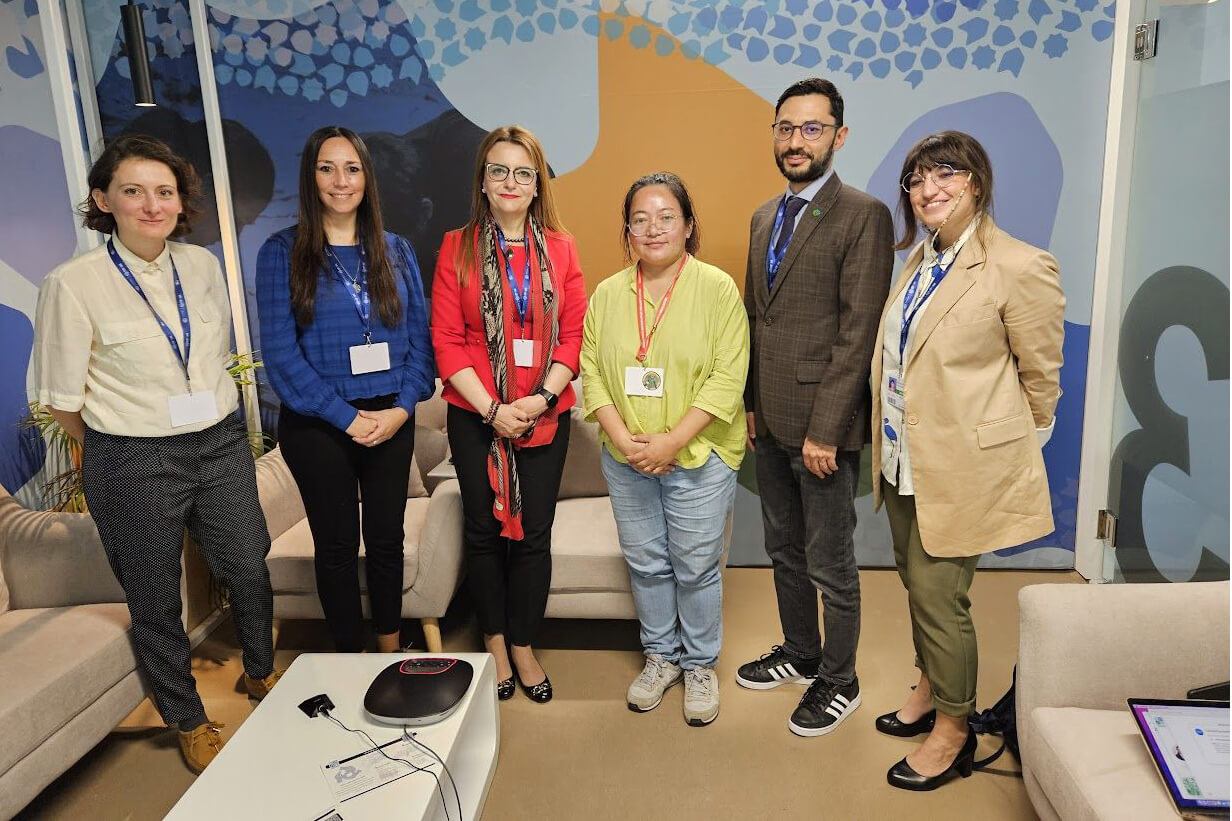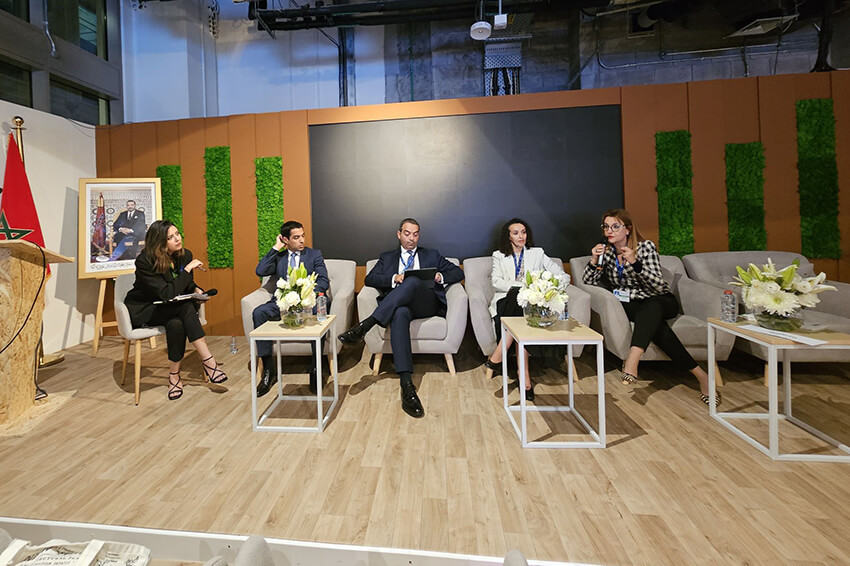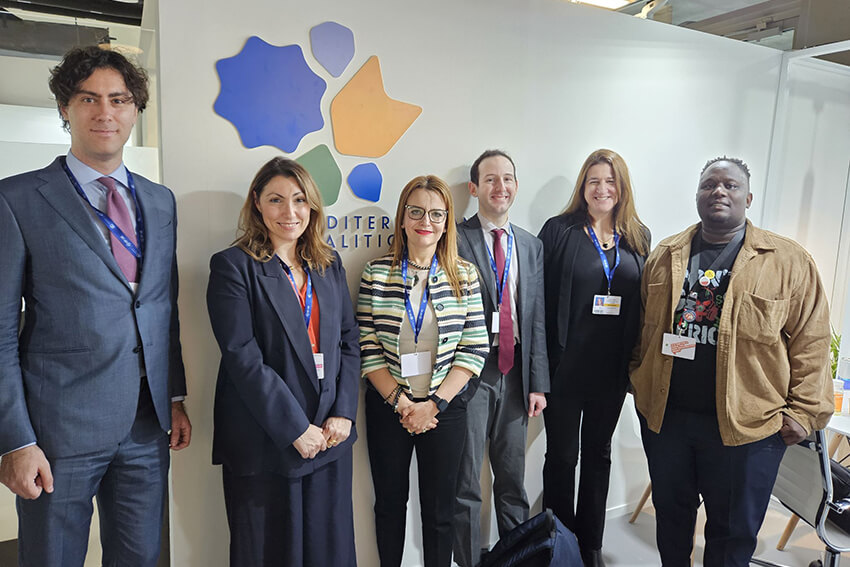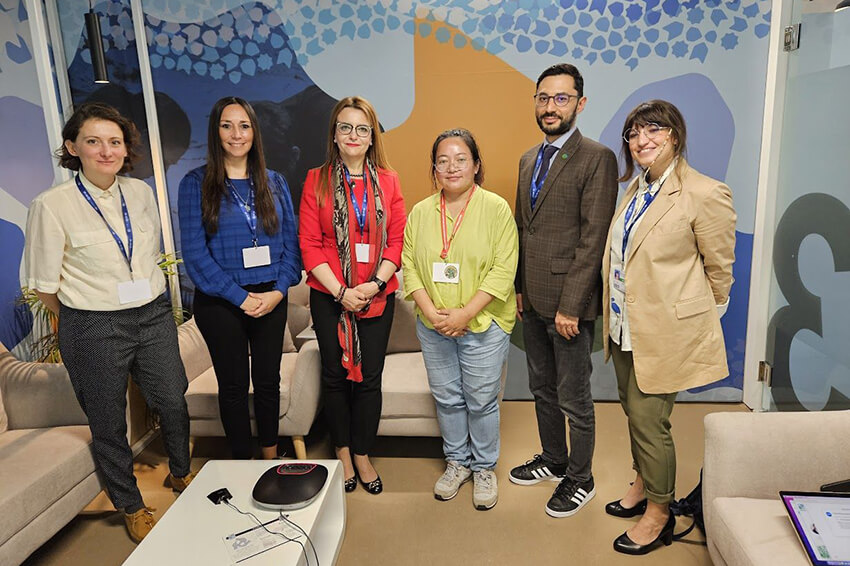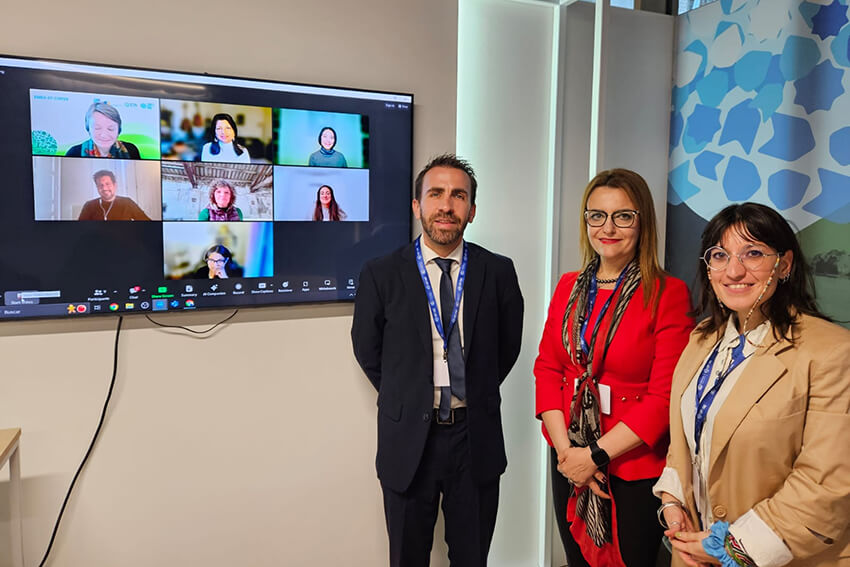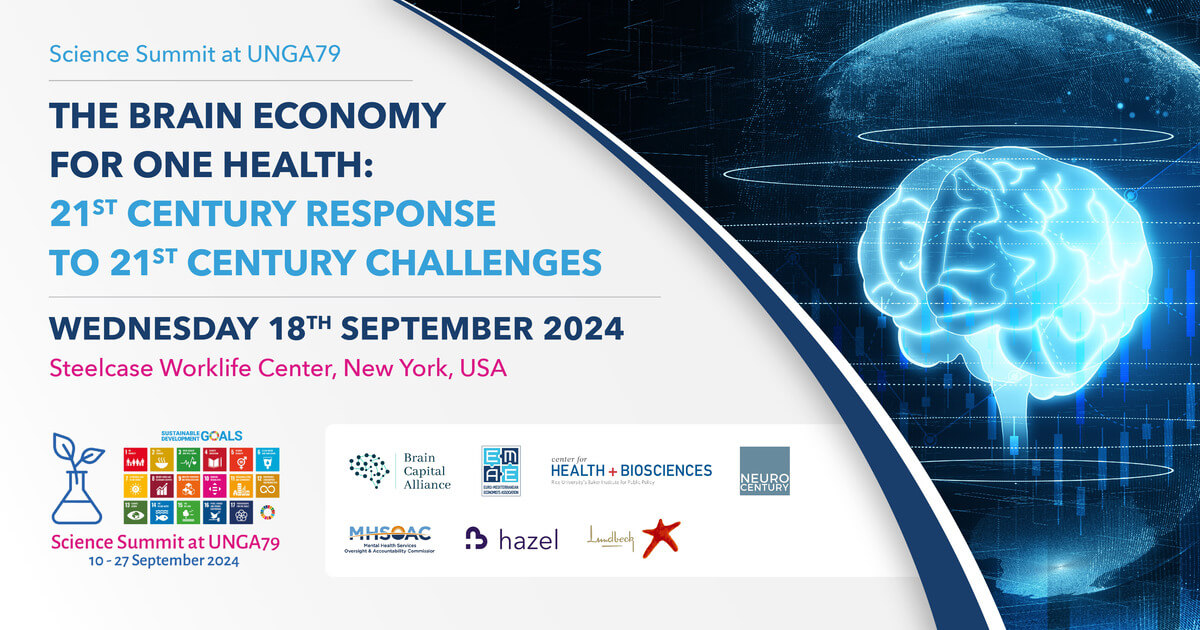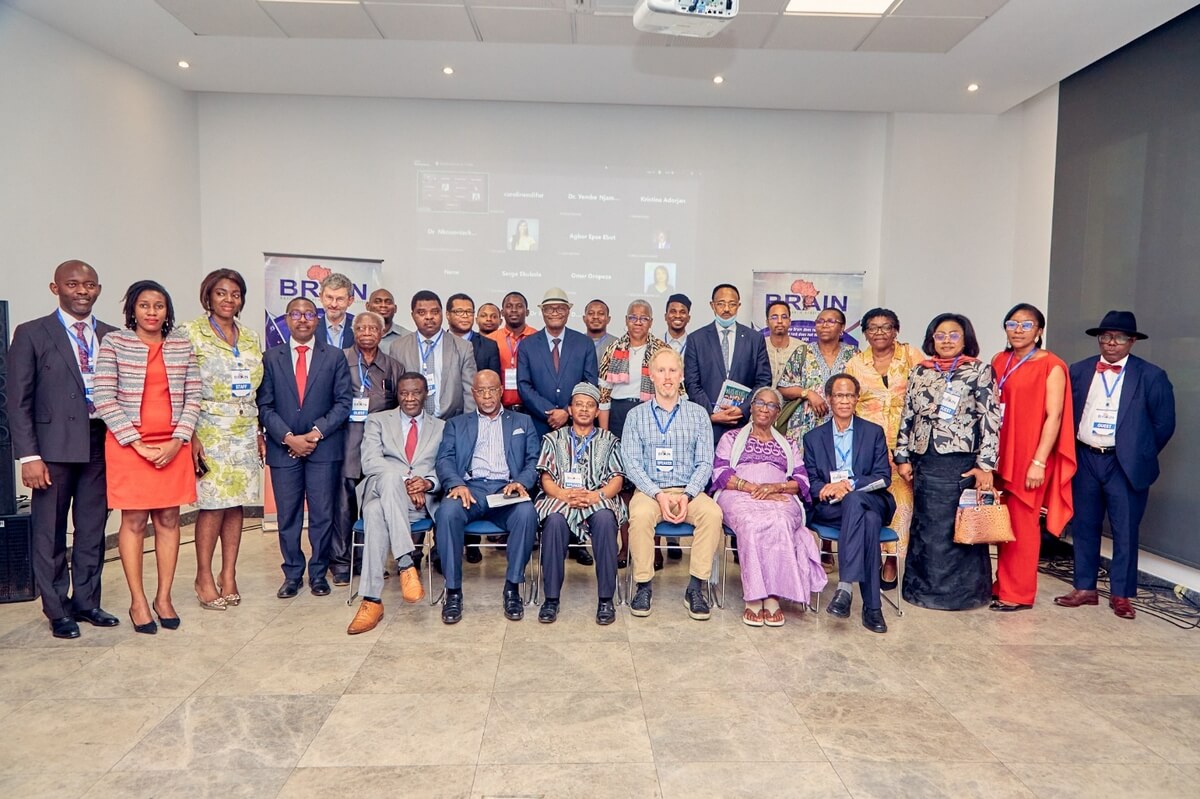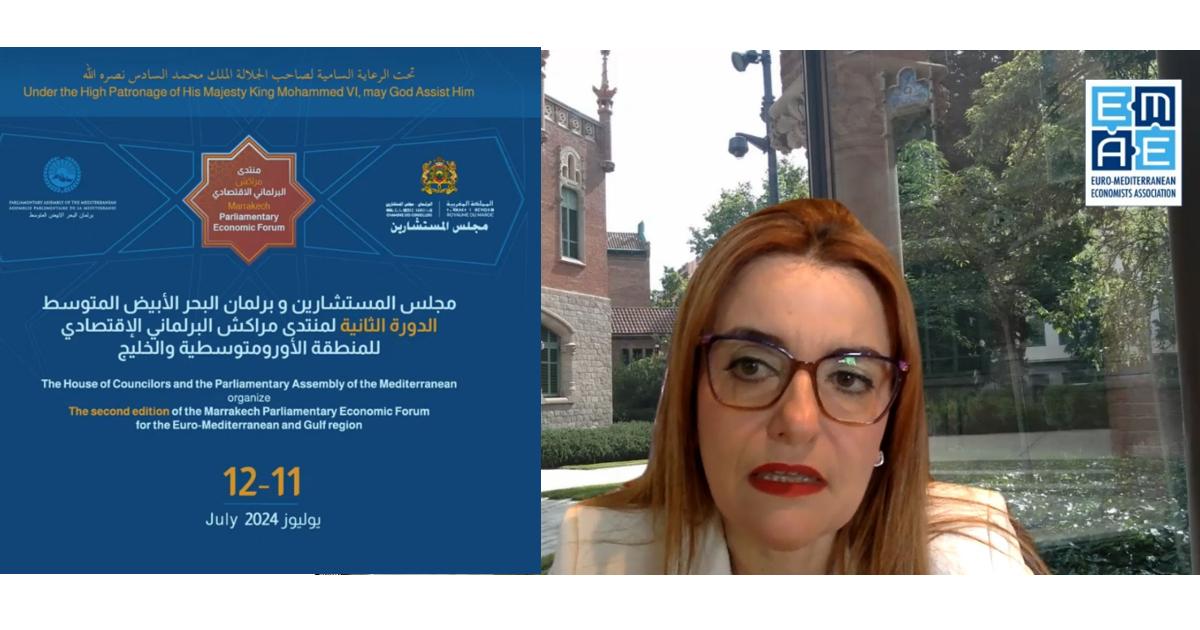EMEA continues its participation at COP28 in Dubai, where Prof. Rym Ayadi, President and Founder, and Sara Ronco, Researcher, held 3 of EMEA’s 6 panel events in the Mediterranean Coalition Office, and intervened in a number of other panels including the Moroccan Pavilion. The focus over these 3 days was the key themes of climate finance, green entrepreneurship, and the energy transition.
Day 5 – 4th December – Food Sovereignty and Green Entrepreneurship
On day 4, President and Founder of EMEA, Prof. Rym Ayadi participated in the side event “Climate Finance and Food Sovereignty in the Mediterranean Basin” which was organised by the Positive Agenda Advisory (EMEA Partner) in collaboration with the Euro-Mediterranean Economists Association – EMEA and the AAA Initiative in the Morocco Pavilion, COP28 UAE. Prof. Ayadi participated at the panel “How to design innovative financial strategies to strengthen food sovereignty in the Mediterranean region“, moderated by Hafsa EL Bekri, PhD – PPA.
Discussing the need for a multifaceted approach when addressing food sovereignty, Prof. Ayadi underlined three key strategies: “Develop innovative solutions like parametric insurance, which provides rapid financial relief to farmers affected by extreme weather, with sustainable practices and technologies, set up public disaster and extreme events funds to manage the socio economic consequences of extreme environmental events that became more frequent, and emphasize public-private partnerships and community-supported agriculture also plays a vital role in normal and extreme conditions. These strategies, combined with targeted government subsidies and microfinance options, may create a resilient agricultural framework to help face the challenges.”
Sara Ronco, EMEA Researcher, participated in the panel “Empowering Young Innovators: Catalyzing Climate-Friendly Businesses” organised by the Interreg NEXT MED Programme in the Mediterranean Coalition Office. The event not only presented the results of several projects funded by the ENI CBC Med Programme (predecessor of Interreg NEXT MED) but also gave some insights into the new programme. It was moderated by Alejandro Lafarga Martinez – Programme Officer INTERREG NEXT MED Programme.
In her intervention, Sara stated that “Young entrepreneurs with innovative ideas and solutions can be the catalyst in many regions to accelerate the green transition working in sectors such as the reduction of plastic pollution and greenhouse gas emissions. Their influence can also extend to the social sphere, advancing just transition goals such as closing the gender pay gap and promoting decent work. The promotion of MSMEs with such goals is crucial, but education and upskilling is also a key issue in the Southern Mediterranean, to ensure aspiring entrepreneurs have the capacity and tools they need to launch their businesses and contribute to a greener, more socially just business ecosystem. Moreover, there is a need to create enabling regulatory frameworks and educational technologies and products that favour inclusive socioeconomic-environmental sustainability to ensure young entrepreneurs can access finance and markets.”
Day 6 – 5th December – Energy Transition
EMEA focused today on the crucial topic of the “Energy Transition in the Mediterranean and Africa: Needs and Perspectives” in its panel event in the Mediterranean Coalition Office. The speakers were:
- Lisa Guarrera, Director of the Monitoring and Modeling Division, Observatoire Méditerranéen de l’Energie
- Nadim Abillama, Middle East and North Africa Programme Officer, International Energy Agency (IEA)
- Giulia Giordano, ECCO think tank Head of International Programmes
- Bhekumuzi Dean Bhebhe, Campaigns Lead, Power Shift Africa
- Federico Pontoni, Program Director of Technology for the Energy Transition Research Program, Fondazione Eni Enrico Mattei
Moderated by Prof. Rym Ayadi, President and Founder, she closed the session by saying: “To navigate the energy transition, the Europe-Mediterranean and African regions face a complex set of challenges and opportunities. From integrating renewable energy and enhancing grid infrastructure to expanding access and harnessing sustainable resources in Africa, the journey demands just, equitable and stable policies and innovative solutions that can yield collaborative investments and financing schemes.
This transition is not just about changing energy sources, but also about fostering sustainable development, ensuring energy security, and adapting and mitigating to the multifaceted impacts of climate change while accepting the imperative to reform the global financial architecture to succeed to fund the transition.”
Day 7 – 6th December – Green Living Areas and Climate Finance
Turning back to climate finance, and particularly on the role of Multilateral Development Banks, EMEA held the side event: “We need trillions, not billons: the role of Multilateral Development Banks (MDBs) in climate finance”. The event brought together key players, delivering an insightful conversation on the need for climate finance to be rapid, just, and incorporate loss and damage needs.
Prof. Rym Ayadi moderated the event, and highlighted that “To effectively meet the escalating demands of climate finance, Multilateral Development Banks must undergo urgent transformative reforms. This includes significantly scaling up their financial commitments towards green investments, enhancing their risk-taking capacity to leverage private sector capital, and adopting more flexible and innovative financing mechanisms.
Equally crucial is the need for MDBs to prioritize funding (in grants) towards vulnerable economies, ensuring equitable access to climate finance. Additionally, MDBs must integrate stringent sustainability criteria into their investment decision-making processes, aligning their entire portfolio with the goals of the Paris Agreement. One urgency is to commit on a clear timeline to phase out from fossil fuel investment and financing.
By doing so, MDBs can lead the global financial sector towards a more sustainable and climate-resilient future.”
The esteemed panel was composed of:
- Alisher Mamadzhanov, Multilateral Governance Manager, Green Climate Fund
- Eleonora Cogo, Senior Associate International Financial Reforms, ECCO think tank
- Alina Saba, Program Officer for Climate Justice at the Center for Economic and Social Rights (CESR).
- Carola Mejía Climate Finance Analyst – Latin American Network for Social and Economic Justice (Latindadd – Red Latinoamericana por Justicia Económica y Social)
In the afternoon, EMEA brought into the spotlight its partnership in the project INTERREG Euro-MED Green Living Areas. The topic of discussion was The Built Environment and Green Living Areas as resilience and adaptation approaches to climate change in cities, moderated by EMEA Project Manager, Joanna Grodzka, with the following speakers:
- Judith Cazas Project Officer, Interreg Euro-MED Programme
- Upali Nanda, Global Practice Director, Research Partner at HKS, Inc., Assoc. AIA, EDAC, ACHE
- Amaia Celaya Alvarez, Shelter & Settlement and Climate Resilience, Advisor at IOM – UN Migration
- Julie Hiromoto, FAIA, Principal and Director of Integration at HKS, Inc., FAIA, LEED AP BD+C, WELL AP, LFA
- Esteban Leon, Head, City Resilience Global Programme (CRGP), UN-Habitat (United Nations Human Settlements Programme)
- Sheba Ross Titus, Global Practice Director, Cities and Communities, and a Partner at HKS, Inc. AICP CUD, Intl., Associate AIA, CDT, LEED AP
- Alejandro Lafarga Martinez, Programme Officer, Interreg NEXT MED
Prof. Ayadi also intervened in the discussion, highlighting “In green living communities, adaptation and mitigation of climate change intertwine with the essence of resilience. By harnessing renewable energy, embracing sustainable agriculture, and fostering green infrastructure, and promoting brain health for citizens all integrated in sustainable planning and design, these communities not only reduce their carbon footprint but also fortify themselves against the impacts of a changing climate. Urban and rural areas alike can thrive by prioritizing ecological balance, local resources, and community-driven initiatives, thereby creating a harmonious relationship with the environment that ensures flourishing and resilience for future generations.”
EMEA continues with its events at COP28 in the coming days.


